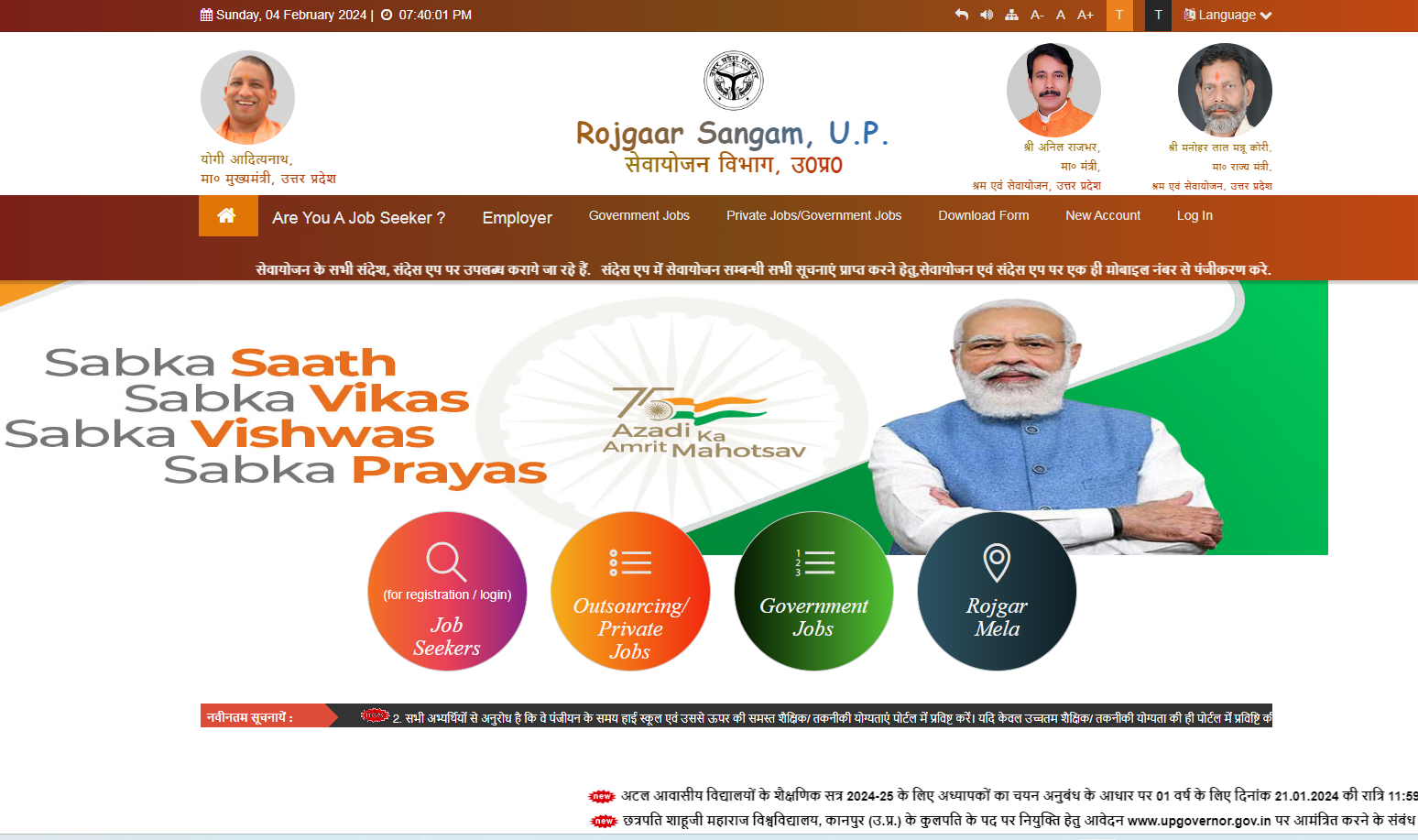
Call centers across the state of Illinois are struggling to keep up with the demand for their services, according to mental health advocates who spoke to news site Illinois Newsroom. These crisis centers are primarily looking to hire more volunteers and full-time employees, but cannot find enough individuals qualified to take calls from people dealing with mental illness, substance abuse, or other issues that may lead to suicide or self-harm.
The New 988 Crisis Call Center
In October 2020, the federal government created 988—an easy-to-remember national mental health crisis hotline that will go into effect on July 16, 2022. This hotline builds on the foundation of the National Suicide Prevention Lifeline and offers year round 24/7 phone or text support (including holidays and weekends) for anyone experiencing a mental health crisis—especially those experiencing suicidal thoughts. The hotline currently receives four million calls or texts per year from across the nation. Once the 988 number goes into effect this July, all calls, including 911 calls that meet a specific mental health criteria, will be directed to the new 988 hotline. Mental health call volume to this hotline could see an increase to 24 million callers or texters per year by 2026.
Currently, only four states have passed legislation to fund 988 call centers. Callers living in states who are not fully prepared for the 988 launch will be unlikely to reach well-trained, locally knowledgeable mental health counselors. More concerning is that 911 dispatchers will not be able to send those seeking help to 988 if there aren’t enough call centers.
In the recent American Rescue Plan legislation, $288 million were directed to 988-specific substance abuse and mental health services to help drive local mobile crisis programs to meet the demand that the 988 number will bring. However, finding a 24/7 mobile crisis team has proven to be extremely difficult, and very few can arrive at an individual in crisis in less than an hour. If 988 calls increase without the appropriate resources to respond, we may see more law enforcement acting as crisis counselors—something they may be trained to do, but not specialized to practice.
Meeting the demand
The trend is clear—more people need access to counseling services than ever before. However, a lack of volunteers, qualified applicants, and long wait times between calls has created a gap in the crisis hotline system. In addition, a study conducted by National Library of Medicine found that nearly 54% of the volunteers felt burned out or fatigued while working at a crisis line. This could result in suicide prevention hotlines struggling to recruit enough help on their volunteer lines. Mental health groups across the nation are actively recruiting mental health specialists and volunteers to help fill that shortage gap.
In 2021, the DuPage County Health Department’s Behavioral Health Crisis System handled 44,962 calls, up from 42,856 in 2020 and 34,722 calls in 2019. Most crisis lines are equipped with technology that alerts them when a caller has been on hold for more than two minutes; however, staffing shortages often result in delays of five or six minutes, which can be dangerous for people who are experiencing acute mental distress.
In preparation of the launch of the 988 crisis hotline, the health department is working nonstop to fill up call center positions. 988 centers in Illinois are looking for caring volunteers, therapists, and experienced counselors to serve as crisis counselors answering phones, chats, and texts. “We’re already one of the busiest call centers in the state and, as designed, this is going to drive more calls to us,” said Karen Ayala, executive director of the DuPage County Health Department. Counselors in DuPage County do need to meet specific educational criteria. To learn how you could help, click here.
For those who want to seek further help, new mental health practices are opening across Illinois, including Geode Health in Westmont Illinois.








